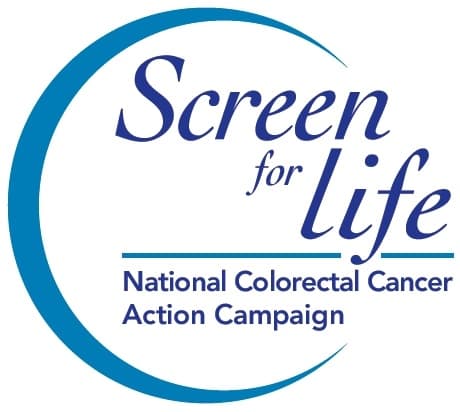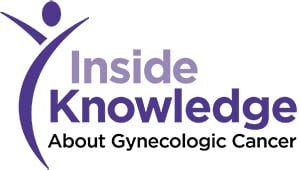What CDC Is Doing to Achieve Equity in Cancer Control

Differences in social determinants of health contribute to chronic disease disparities in the United States among racial, ethnic, and socioeconomic groups. CDC’s National Center for Chronic Disease Prevention and Health Promotion has developed a framework to make progress toward health equity.
CDC’s Division of Cancer Prevention and Control (DCPC) strives for a world where all people are free of cancer. DCPC is working to advance health equity through research, programs, and partnerships. Activities to support this effort include—
- Identifying the level of awareness of cancer risk among groups that have higher cancer rates.
- Providing access to screening for people who are medically underserved and have low incomes.
- Studying the cost of preventive care and cancer treatment.
- Studying the reasons people may not be able to prevent cancer, find it early, and get treatment.
Educating People About Cancer Prevention and Risk
People need to know their risk of getting cancer so they can take steps to lower this risk. Many things can make a person more likely to get cancer, such as—
- Being exposed to tobacco smoke or drinking alcohol.
- Eating unhealthy food or not being physically active.
- Having a family history of cancer.
- Getting older.
DCPC’s three public health campaigns educate people—including those at higher risk of cancer—about cancer symptoms and how to lower their risk. The campaigns use survivor stories, interactive simulations, public service announcements, print materials, and other resources.

The Screen for Life: National Colorectal Cancer Action Campaign informs men and women who are 45 years or older about the importance of getting screened for colorectal cancer regularly.

The Inside Knowledge About Gynecologic Cancer campaign raises awareness of the five main types of cancers that only affect women (cervical, ovarian, uterine, vaginal, and vulvar).

The Bring Your Brave campaign provides information about breast cancer to women younger than 45 years, with a focus on young breast cancer survivors.
Increasing the Number of People Who Are Screened for Cancer as Recommended
Screening means checking your body for cancer before you have symptoms. Screening tests can find cervical, colorectal (colon), breast, and lung cancers early, when treatment works best. DCPC’s programs work to increase screening among groups of people who are more likely to get or die from cancer.
Future Directions
Health equity is a focus of DCPC’s scientific research and programmatic work. As a part of CDC’s CORE Health Equity Science and Intervention Strategy, DCPC has two plans—
- By September 30, 2026, DCPC will work with three award recipients who will engage with local and community-based organizations to find ways to reduce differences in rates of getting and dying from cancer among different racial and ethnic groups.
- By 2026, DCPC’s National Breast and Cervical Cancer Early Detection Program will increase the percentage of women the program serves who are overdue for cervical cancer screening tests from 20% to 35%. These efforts will help more women who are members of racial and ethnic minority groups, which have higher rates of cervical cancer.
CDC awarded funds to three research organizations to help us understand what works to advance health equity in cancer.
